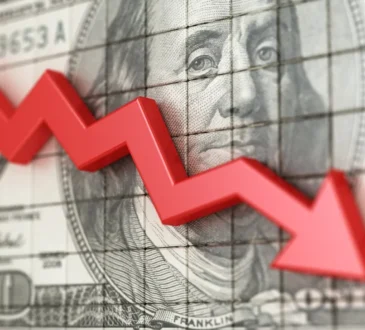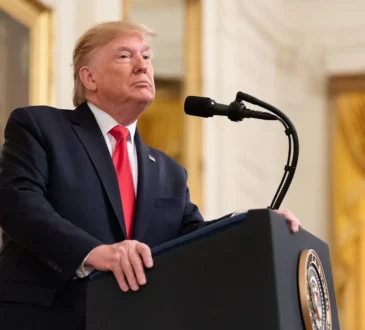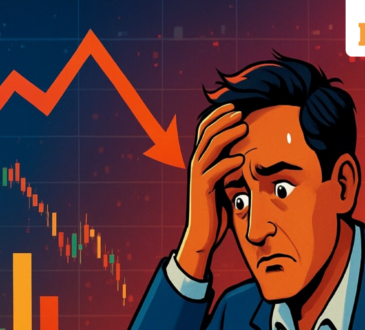President Donald Trump’s tariff policies will likely result in a recession, says former top IMF economist Ken Rogoff.
Rogoff told BI on Tuesday that the most probable path for the US economy in the months ahead is a mild downturn, but how the economy trends ultimately depends on how Trump approaches his trade war. If Trump’s full tariff plans are implemented, a recession is a certainty, he said.
“If he sticks with his tariffs, with his chaos policy, 100% we will get a recession,” Rogoff, now a professor of economics at Harvard University, said. “The question is how far he retreats.”
“I think a recession is probably still the baseline case, a mild recession,” he continued, adding, “I think we’ll know by the end of the summer what’s going on.”
Rogoff said investors are not pricing in the downside risks he sees and that stocks are overvalued. The prevailing assumption in the market is that most of Trump’s tariffs will be lifted in a year, he said.
Trump’s 90-day pause on his so-called “reciprocal tariffs” above and beyond the 10% import taxes on most goods entering the US expires in July. Stocks plummeted on their initial announcement in early April but surged when Trump paused them days later. Investors seem to be discounting Trump’s more extreme tariff positions, as he’s provided some exemptions for the tech and auto industries and has appeared willing to take a softer stance on China going forward.
Rogoff said investors think Trump will lower tariffs, adding: “If they didn’t, the stock market would be a lot lower.” The S&P 500 closed nearly 9% below its February 19 all-time high on Tuesday.
“If the forecast of even a 30% chance of recession is true, it feels like stocks are still overvalued,” he continued. “Surely they will come down a lot if we have a recession. So the market seems pretty sanguine that we won’t.”
Amid elevated risks, Rogoff said it may be a good time for investors to diversify some of their money abroad. The US exceptionalism trade — the idea that US assets will continue to outperform their global counterparts — is weakening thanks to the trade war, and foreign stocks are arguably more insulated from a recession since US price-to-earnings ratios are still much higher relative to the rest of the world.
“There’s an unusually strong case for international diversification at the moment,” he said. “There may be downside to European stocks too, but less than the United States.”
Rogoff is the author of “Our Dollar, Your Problem,” a new book that argues the dollar’s global footprint is on the decline and has been since 2015.




